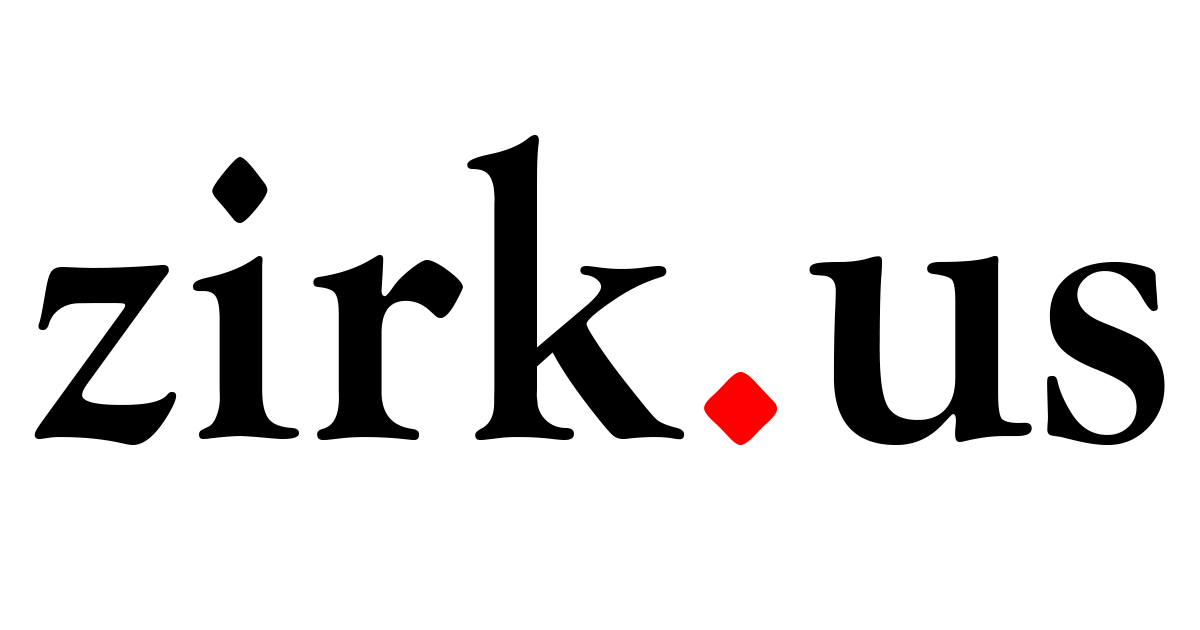Recent searches
Search options
#台語
#台語 俗諺
目睭看著粿, 跤踏著火。
ba̍k-chiu khòaⁿ-tio̍h kóe,
kha ta̍h-tio̍h hóe.
The Mosei Academy of Taiwanese Language and Literacy (Keng-lâm Su-īⁿ) is holding a webinar on February 14, 2025 to present their organization's projects. I imagine that one of the things they'll be talking about is their recently-published "Tâi-gí: Fluency Unlocked" children's textbook.
https://www.kenglamsuinn.org/eng-gi.php
Webinar: Sè-kài Tâi-oân Bûn-hòa Lūn-tôaⁿ
February 14, 2025, 7:00 pm PST (California time)
"We will present the projects of Mosei Academy. No need to sign up. Just click this link to join." https://meet.google.com/kpp-mopt-obc
About the Mosei Academy: "Our mission is to promote and preserve the spoken Taiwanese language, or Tâi-gí, and the written Taiwanese language, or Tâi-bûn, by providing accessible educational resources, establishing lecturer training capacities, fostering a supportive learning environment, promoting content creation, and strengthening Taiwanese identity."
So great to see the University in #Leicester in my old home-town doing this event on writing poetry and songs in Tâi-gí. It's on March 7th, 8pm Taiwan time, and high noon Leicester time.
I'm planning to attend, even at the cost of having to use Microsoft Teams. That's how excited I am for this.
阮 goán/gún - 第一人稱複數代名詞,不含對方(聽話者)
咱 lán -
1. 第一人稱複數代名詞,含對方
2. 第二人稱單複數敬語*
--
「咱」的第二種用法現在比較少聽到了
華語「聚餐」
#台語 食(飯)會 chia̍h(-pn̄g)-hōe
@krvpb024 This is interesting.
"Kài kó͘-chui / kài kóo-tsui" (English: very cute) translates to the Traditional Chinese characters "蓋古錐" in the MOE dictionary, while the characters "好可愛" translate to "hó khó-ài". Apparently the term “蓋古錐" doesn't translate to "very cute" in Mandarin, from a quick check on MDBG and Pleico. Apparently, it's a Taiwanese-only term.
In Apple Translate, the word "kheh/客" does not directly translate to "Hakka", the intended meaning, but instead translates to “guest". (ì-sù sī "lâi-pin", 意思是"來賓"). I was confused when I first encountered the translation "guest language” for "客語" on the MOE website. However, Apple Translate is smart enough to know that "臺灣客語" translates to "Taiwanese Hakka".
A question for those who know pe̍h-ōe-jī. For punctuating direct speech, do you:
a) prefer double quotation marks
b) prefer single quotation marks
c) really not care... there are bigger issues to worry about...
#台語 #tâi-gí #taiwanese
In Tân Lûi's "Lán lâng ê si-kài," which is the only POJ text I have to hand, there are double quotation marks.
原來劉珞亦小我一輪
--
「一輪」的 #台語 :
一紀年 chi̍t-kí-nî/chi̍t-khí-nî
"Taigi: Fluency Unlocked", a new #Taiwanese language (Tâi-gí) textbook, was recently published. I've ordered a copy to add to my Taiwanese language-learning book collection.
Tīⁿ, Têng-têng, _Taigi: Fluency Unlocked: Tâi-gí Ū Liàn-tńg_, Mosei Academy of Taiwanese Language and Literacy (Keng-lâm Su-īⁿ), 2025
ISBN-13: 979-8991338608
Paperback, 124 pages
As I understand it, it's a textbook intended for English-speaking children, written in English and Pe̍h-ōe-jī romanization, with no Mandarin. The publisher, Mosei Academy of Taiwanese Language and Literacy, is a group associated with the Taiwanese American Center of Northern California. ("Taigi: Fluency Unlocked" is the textbook the TAC is using for their "Fun Taigi for Kids" class this upcoming semester.)
From the back cover:
"The first book in the world where children don't have to know Chinese characters in order to learn Taigi! Becoming a Taiwanese kid is now easier than ever!
Start from basics with our rich content. Effortlessly master Taigi via one sentence pattern and a dozen of vocabulary words each lesson."
Also means: hoodlum, rascal.
I'm tempted to start using this in English, as in, "Sir, you are nothing but a roaming eel."
Thank you everyone for your tips yesterday on how to get started on translating #ubuntu #linux into #taigi #台語 #Taiwanese.
Seems like there is a lot to get organised to get this project off the ground. I am excited to get going on it!
There are too many communities with languages that are not digitally supported yet, lets fill those gaps as best as possible.




